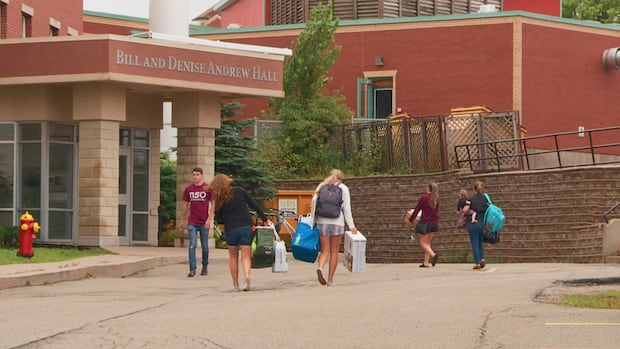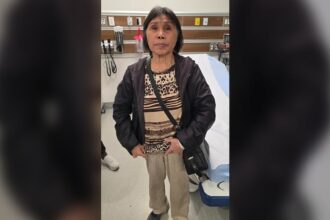In a strategic move to address critical health care workforce shortages, Prince Edward Island has significantly expanded its Marion Reid Health Student Grant program, now supporting nearly twice as many future health professionals. The initiative, which saw its funding more than double to $500,000 this year, represents one of the province’s most comprehensive efforts to strengthen its medical workforce pipeline.
“We’re investing in Island students who will become our future doctors, nurses, and allied health professionals,” said Health Minister Mark McLane at a press conference in Charlottetown on Thursday. “By removing financial barriers for these students, we’re not just supporting their education—we’re investing in the sustainability of our health care system.”
Originally launched in 2022 with $200,000 in funding, the program was established in honor of Marion Reid, PEI’s first female lieutenant governor who served from 1990 to 1995. This year’s expansion allowed for 53 students to receive grants of up to $10,000 each, compared to just 28 recipients last year.
The grant’s impact is already evident through students like Dominique Keizer, a second-year medical student at Memorial University who received support through the program. “The financial relief is incredible,” Keizer explained. “Medical school comes with enormous costs, and this funding allows me to focus more on my studies rather than constantly worrying about finances.”
What distinguishes this initiative from typical scholarship programs is its strategic approach to addressing specific health care shortages. Priority consideration is given to students pursuing careers in high-demand fields, including family medicine, nursing, paramedicine, and various allied health professions where the province faces critical staffing challenges.
The government reports that approximately 90% of previous grant recipients have either returned to practice in PEI or intend to do so after completing their studies. This return rate significantly outperforms typical retention statistics for rural and island communities, suggesting the program’s effectiveness extends beyond financial support to fostering meaningful connections with the province.
McLane emphasized that the program expansion represents just one component of the province’s multi-faceted approach to health workforce planning. “We’re simultaneously working to improve retention of existing health professionals while ensuring a steady pipeline of new graduates,” he stated.
While the expanded funding has allowed more students to receive support, the application process remains competitive. Officials reported receiving 176 applications this year, meaning only about 30% of applicants could be accommodated despite the increased funding.
The province is already considering further expansion of the program for the 2025-2026 academic year, potentially broadening eligibility criteria and increasing total funding based on this year’s outcomes and workforce projections.
As Prince Edward Island continues navigating its health care challenges, including persistent staffing shortages across multiple disciplines and facilities, initiatives like the Marion Reid Grant represent targeted investments in sustainable solutions. But questions remain: Will these homegrown health professionals stay in PEI long-term, and can this model of strategic investment in human resources effectively address the complex factors driving Canada’s health care workforce crisis?
























